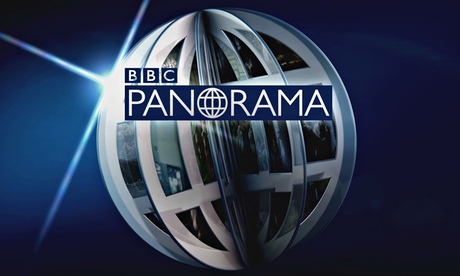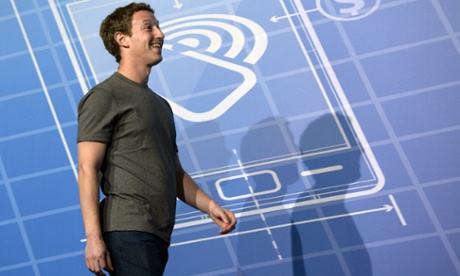New and digital media has developed over the years, along with technology. The development has allowed audiences to gain a greater access to the media in more ways than ever before, through devices such as smartphones and tablets. From the traditional print newspapers to online newspapers, the media has developed in ways to which audiences are able to have more of an impact and participation with news and news stories.
One way in which audiences are able to be more empowered in the media is by voicing their opinions. Pluralists would be in favour of this as their aim is to create an equal society, who share the same values and beliefs. This is evident through online newspaper websites such as The Guardian, as audiences can comment on stories as well as disagree with them if they feel that the news article is unfair or bias. If several people agree with this, it can form a 'protest'. Audiences can also show power through social networking sites such as Twitter and Facebook. In the past, people have set up protest pages on topics that they feel strongly about. If several people join the movement, changes can be made, depending on the subject and severity of the protest. An example is a Facebook page that was set up calling for more transparency at Plymouth University. The page was created following a meeting of students and senior figures to discuss the boardroom dispute which saw the vice-chancellor absent for more than four months. The anonymous creator of the page says its purpose is "to help publicise some of the overlooked student and staff issues related to education at Plymouth University.'' Another example is of Dapper Laughs who had been due to perform at Cardiff University’s Y Plas student union as part of his 2015 Full Length Tour, but has now been told he’s not welcome after more than 700 people petitioned against it. A petition entitled ‘Ban Dapper Laughs’ Show,’ was started by student Vicky Chandler, who called for his appearance to be pulled, branding it ‘a soap box for his misogyny inside the walls of an academic establishment that claims to protect the rights of its students.’ This shows how several people with one agreement can make a change and have power over institutions.
On the other hand, a Marxist approach could argue that large news institutions create an illusion that audiences have power and large institutions still in fact hold all the power. For example, the death of Ian Tomlinson during the G20 protests caused many people in the public to protest against the case and the fact that the police officer (Simon Harwood) responsible for his death was not being punished. The Guardian were the first newspaper company to report this case and in fact used a form of citizen journalism as a member of the public recorded and sent it footage of the attack. The Guardian then released this footage as proof to support their story. The fact that the police officer did not face any severe consequences or gain any punishment for several years shows the dominance and power of police officers over society. In addition, Radio One's Newsbeat decided to make their segment shorter and more child friendly. However, it can be argued that this is in fact 'dumbing us down.' Tom Quading on Twitter even tweeted 'Why is newsbeat on radio 1 so dumbed down, I know some idiots will listen but us normal people shouldn't have to listen to this crap!' This is an example of news institutions having power over audiences, without them even realising at times.
To conclude, I believe that audiences are empowered by these developments in new/digital media to a certain extent. Although audiences are able to voice their opinions and protest against dominant institutions, companies are still able to make decisions and do not often follow the influence of audiences, unless it is in their interest. I agree with the Marxist view that bigger institutions still have power over audiences, as equality has not yet been created. This does not however mean that I am in favour of Marxists, as Pluralists are trying to make society equal with the same values and beliefs.







